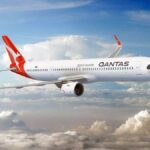
COVID-19: Western Australia NOT opening today
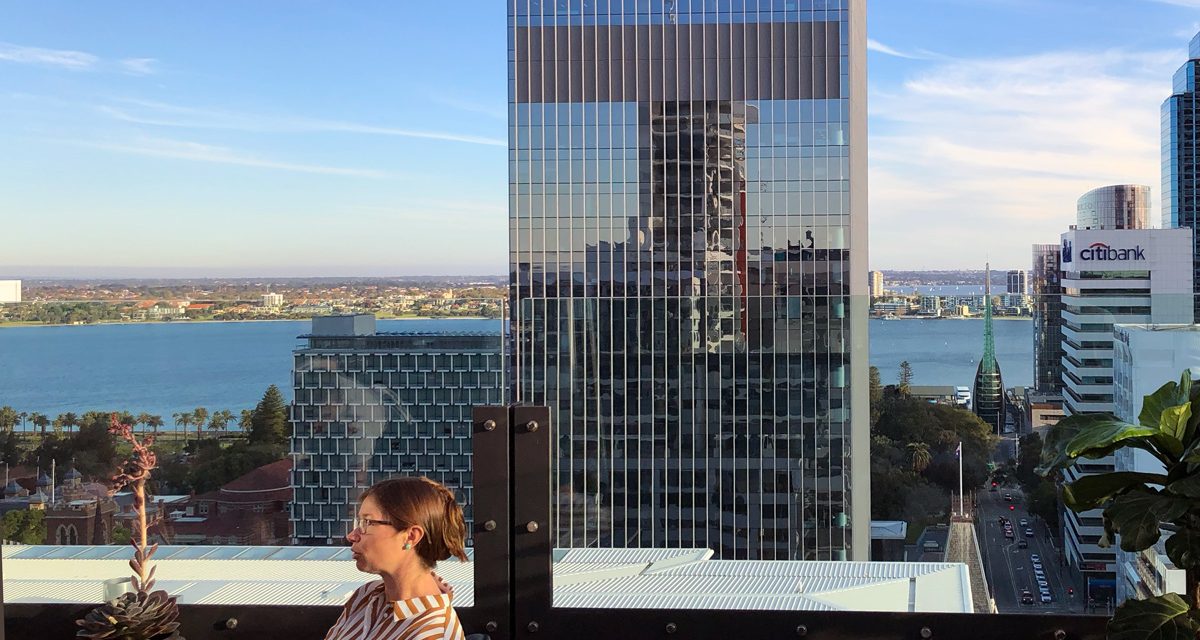
Mark McGowan in a pre-Christmas announcement had scheduled Western Australia borders to open today 5 February 2022. He cancelled that idea about a week ago, much to the chagrin of Qantas boss, Alan Joyce, who rather imaginatively likened WA to North Korea, thereby placing the health of the financial health of the Qantas Group above the health of Western Australian residents.
“I think we should all be outraged by that, the fact you can get to London but you can’t get to Perth.
It’s starting to look like North Korea. It’s going to be closed indefinitely at this stage unless we have a plan to start living with Covid and opening up the rest of the country.” Alan Joyce on 3AW 4 February 2022
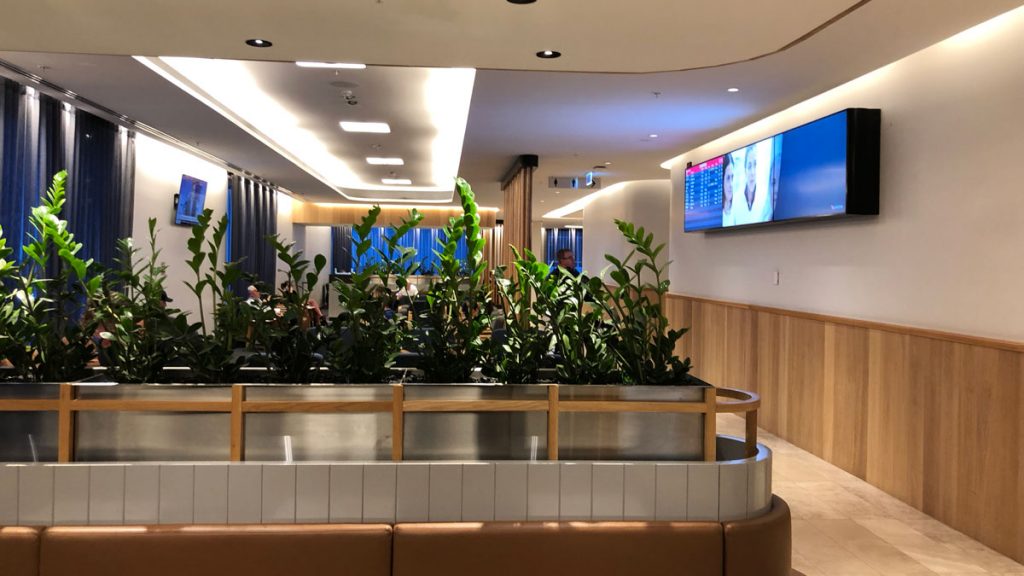
Content of this Post:
Why is Alan Joyce pissed off?
Given that Qantas has reduced its flight schedule by about 30% as a result of the announcement that WA will not be opening up, you can see what a hole this is leaving in the Qantas balance sheet.
Some of this is domestic flying to and from WA, but some is international, whether it be direct Perth to Johannesburg flights, or using Perth as the jumping-off point for direct flights to London, currently operating out of Darwin or via Singapore.
WA’s mining industry sure does generate a lot of flying whether it be fly-in, fly-out (FIFO) traffic, weekend trips to Bali or just the need to service the domestic tourism and business links to the eastern states.
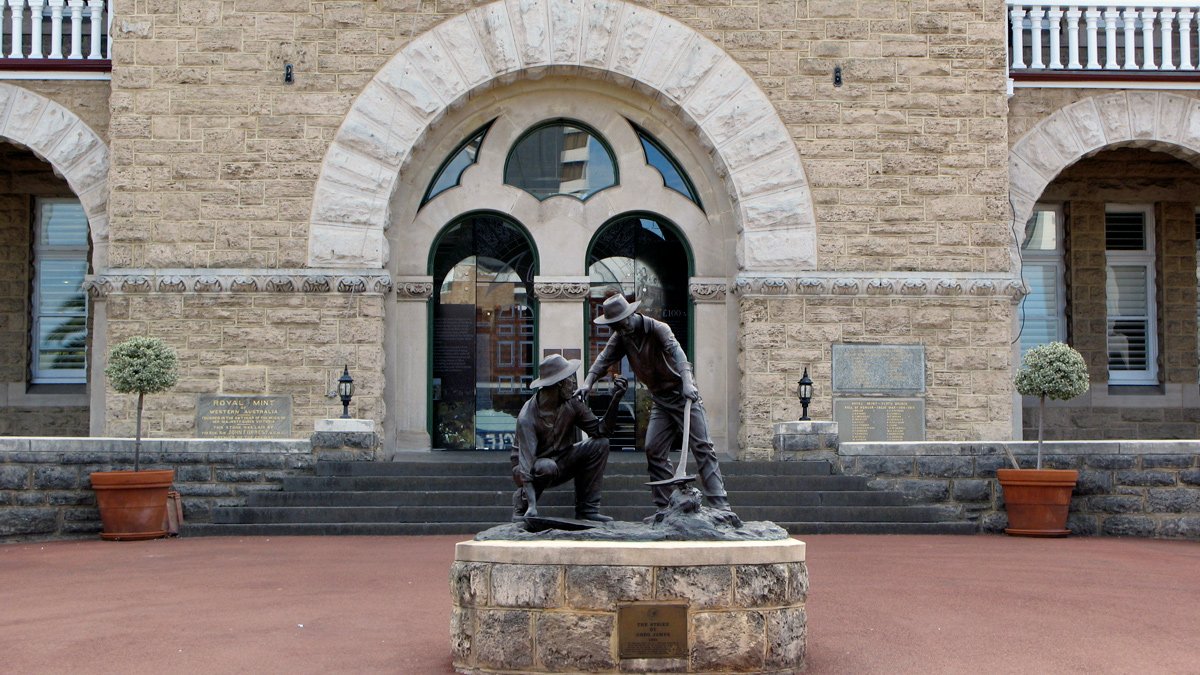
Why is WA keeping its borders closed?
For quite a few reasons. Firstly, other than about 5 days of lockdown, life for the last two years in WA has been pretty much the same as pre-pandemic, except that residents have difficulty returning to the state, or travelling outside the state without completing close to a fortnight in Quarantine.
Secondly, it’s the omicron strain that has freaked out WA authorities. Its much higher rates of infection could herald a spectacularly scary increase in cases and hospital admissions with the potential to overwhelm the WA Health System, already underfunded and with a pre-existing lack of qualified clinicians and nursing staff.
The staffing shortages pre-date the pandemic but have been exacerbated by the border closures. I know someone who has been offered a mental health position in Kalgoorlie paying AU$3,000 per day (AU$15,000 per week), admittedly with a horrendous 1 in 4 on-call roster.
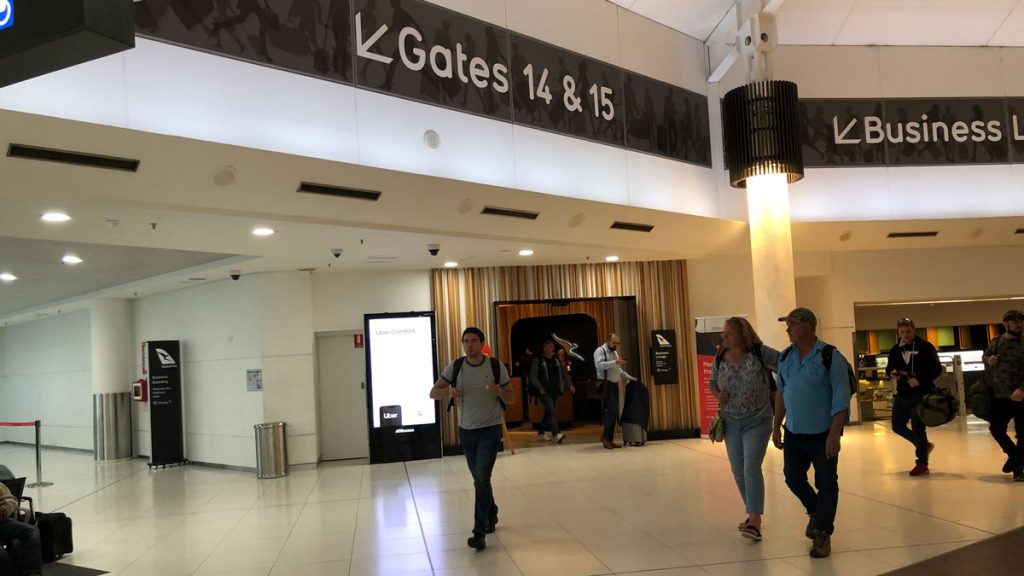
Voter Support
Mark McGowen was returned to government in an absolute landslide during the pandemic on the coattails of this policy. Eliminating all other parties from the legislative body except for 6 seats was a pretty forceful endorsement of the closed borders policy.
So that’s a major reason. Up until now, the closed borders policy has had overwhelming support from the people of Western Australia. However, with some residents getting itchy feat, and the CEO’s of some major industry players tactically saying they can no longer run their business from WA, there are indications that possibly, maybe, support is diminishing. But there is nothing to demonstrate there has been an actual sea change.
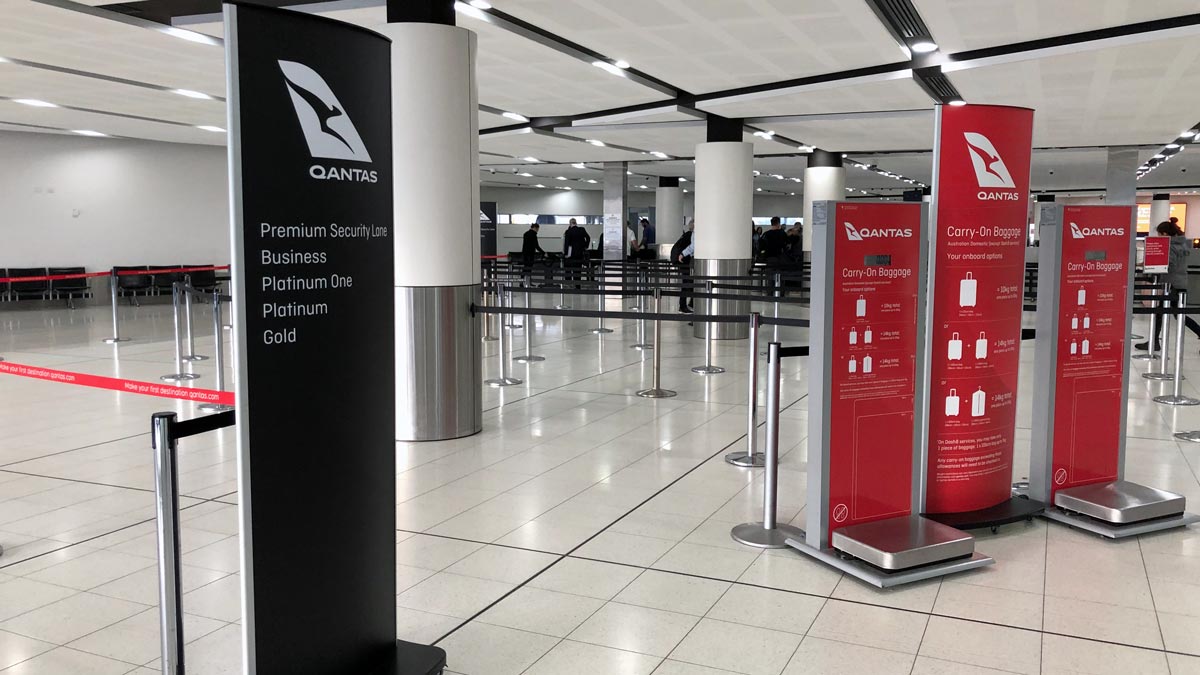
Scattered and vulnerable communites
WA, although with a concentration of its population in the capital Perth, is a very scattered state, and the distances between pockets of civilisation are immense: Perth to Kalgoorlie = 600 km; Perth to Karatha = 1,522 km; Perth to Broome = 2,346 km.
Added to this are numerous remote communities predominantly first nations peoples, with under-resourced medical facilities, if any at all, which makes them particularly vulnerable during a pandemic. Added to this are some endemic health problems in these communities which run a wide range from chronic kidney disease, asbestosis, diabetes, and the list goes on.
To open up the borders, and let COVID and more particularly the Omicron variant lose could decimate some of these under-vaccinated communities.
Returning and separated families
It’s true that various split families are disadvantaged by the border closure, whether it be children missing their overseas grandparents, partners and kids separated by state or international borders, or the tales of children missing their unwell parents at end of life. I myself missed this fate by a couple of weeks when my mother died back in 2020.
The enforced separation of families must be devastating, but it’s a pandemic, and separation by closed borders is way better than the guilt of passing on a COVID infection to a vulnerable relative, surely?
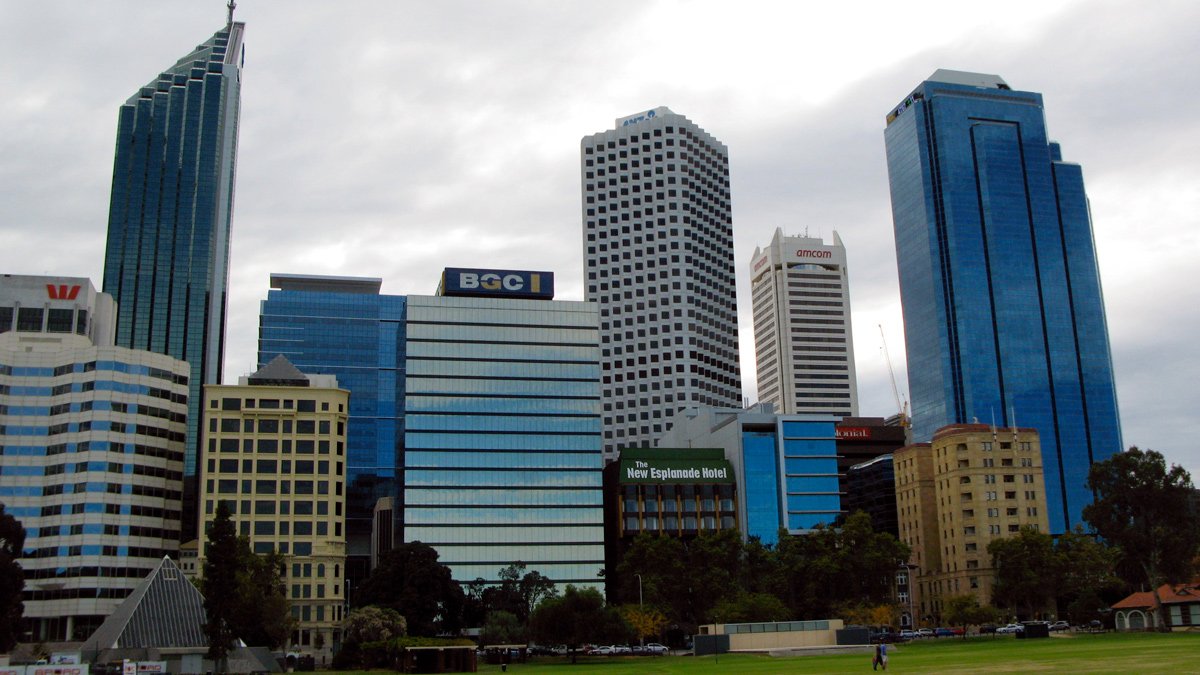
2PAXfly Takeout
This is another timely reminder to wear your seatbelt when seated. Holding you close to your seat will protect you from the sort of injuries sustained on this flight, when unsecured passengers flew to the ceiling of the aircraft, and then came crashing down once the ‘drop’ ceased.
The hope will be that this is an anomaly – a ‘freak accident’ in casual parlance. If it is a systemic error either mechanical or electronic, then this is a larger concern for the airlines that fly Boeing Dreamliner 787 aircraft. Let’s hope it isn’t. If it is, it will pile on the woes to Boeing’s existing stack.
The continued separation of Western Australia from the rest of Australia and the world is unfortunate. While I have great sympathy for those who are separated from their loved ones, to force border openings on a state ill-prepared for a health catastrophe, with many under-resourced remote and vulnerable communities, when currently they live largely in pre-pandemic freedom would be tragic. It would lead to a quantifiable number of deaths, and would unduly threaten indigenous communities. I would put their health and welfare way above the commercial interests of Qantas and others in the airline, travel and associated industries.
Personally, I support the continuation of the border closures. I just wish McGowan would come up with an actual plan for a return to open borders that would cover developments in health services, staffing, and the resourcing of indigenous communities for testing, disease management and isolation.

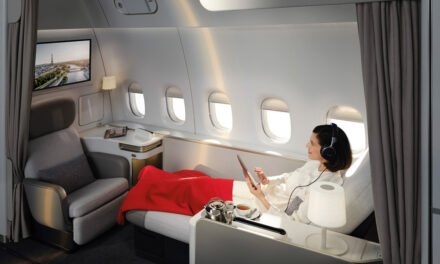
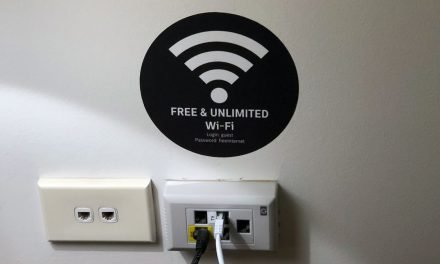
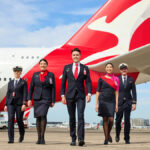
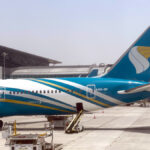


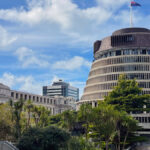

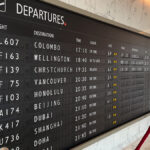
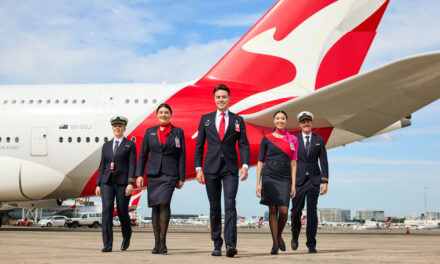
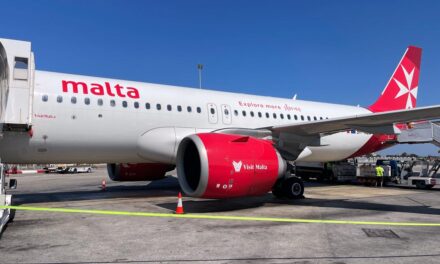




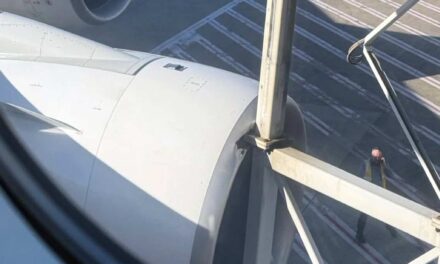


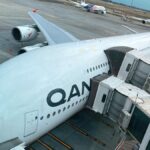
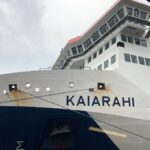

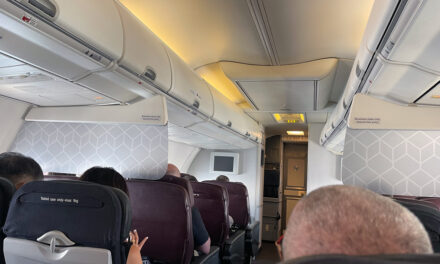



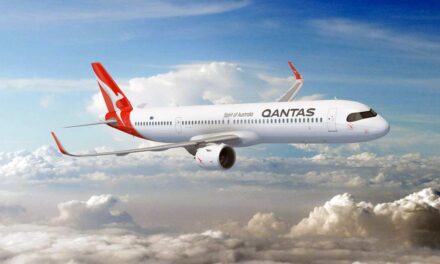

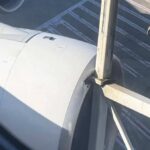
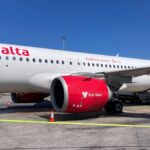


Thank you. I’m delighted that you now understand and appreciate why the borders of Western Australia are kept closed.